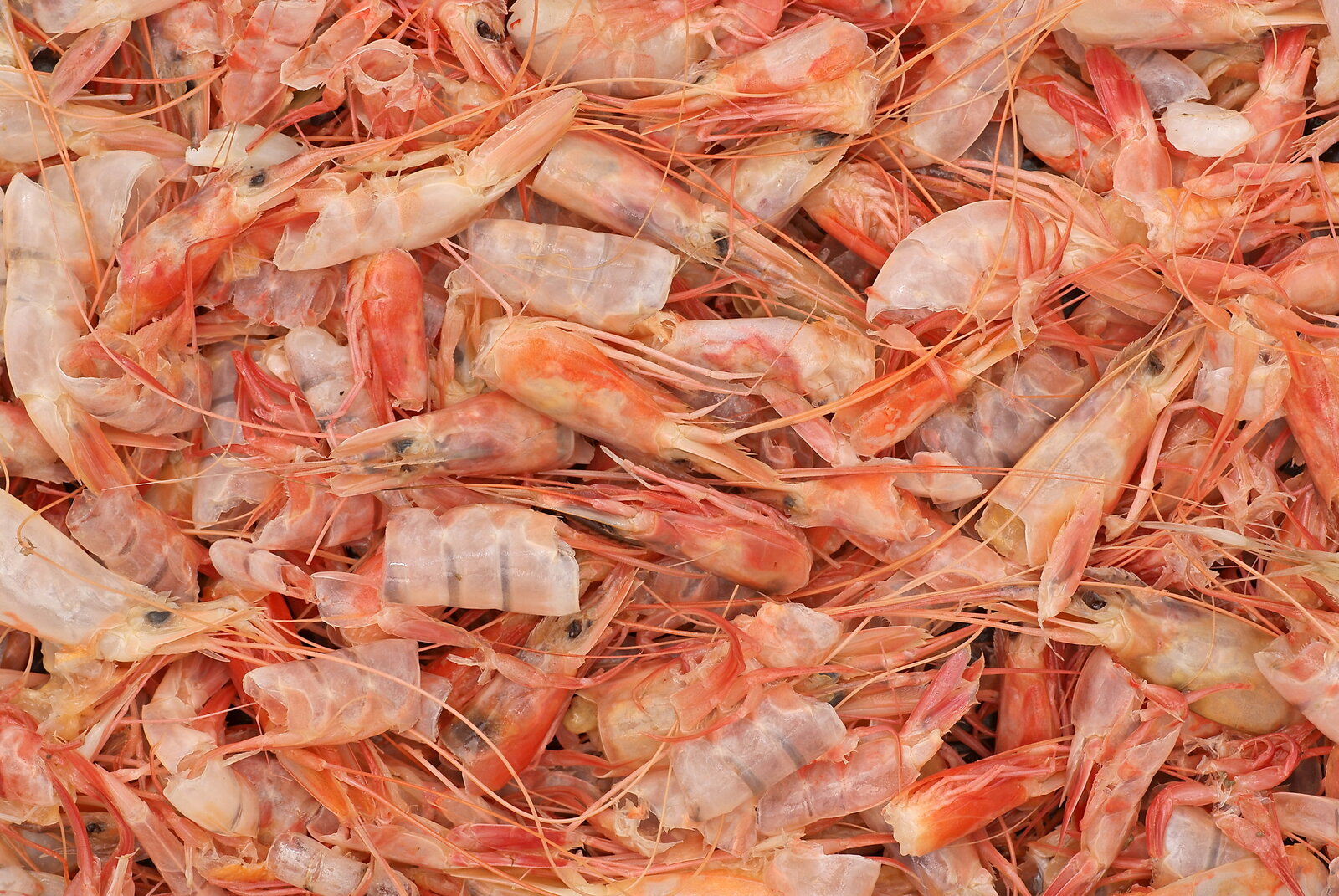Fancy some shrimp? Save the shells, you can wear them

A New York-based fashion startup has created biodegradable leather from shrimp shells, Bloomberg reports. TômTex, the two-year-old startup pioneering the technology, also uses mushroom waste, coffee grounds, and other biomaterials with the dual aim of using biodegradable materials for garments and upcycling marine waste. TômTex also makes pleather (plastic fabric that looks like leather), suede, latex and vinyl, among other things, to make a compostable material, according to its website. Its product, which is on the verge of being commercially-ready, has been showcased by luxury fashion houses earlier this month.
How does it work? Shellfish leather is made by combining a biochemical called chitosan extracted from shrimp shells with water and organic acid, along with a combination of biomaterials and pigments, then putting it into a heater to remove excess water. The leather-like fully biodegradable fabric that emerges from the ovens lacks cow leather’s distinct smell, but feels and looks pretty much the same, according to the company. The process produces slightly less emissions than synthetic leather and less than 15% of emissions produced from cow-skin leather production. Chitosan is already used in wastewater treatment, food supplements and medicine.
Sustainable fashion is finding a niche, even if it’s not fully scalable yet: Sustainable fashion startups are turning to plant-based alternatives to combat the use of fossil fuel-based products, with some using algae-based materials and others using materials like mushrooms, hemp, wood residue, and even spoiled milk, Bloomberg reports. However, products like the ones produced by TômTex are priced similar to conventional leather, making them more expensive than cheaper synthetic, fossil fuel-based alternatives.